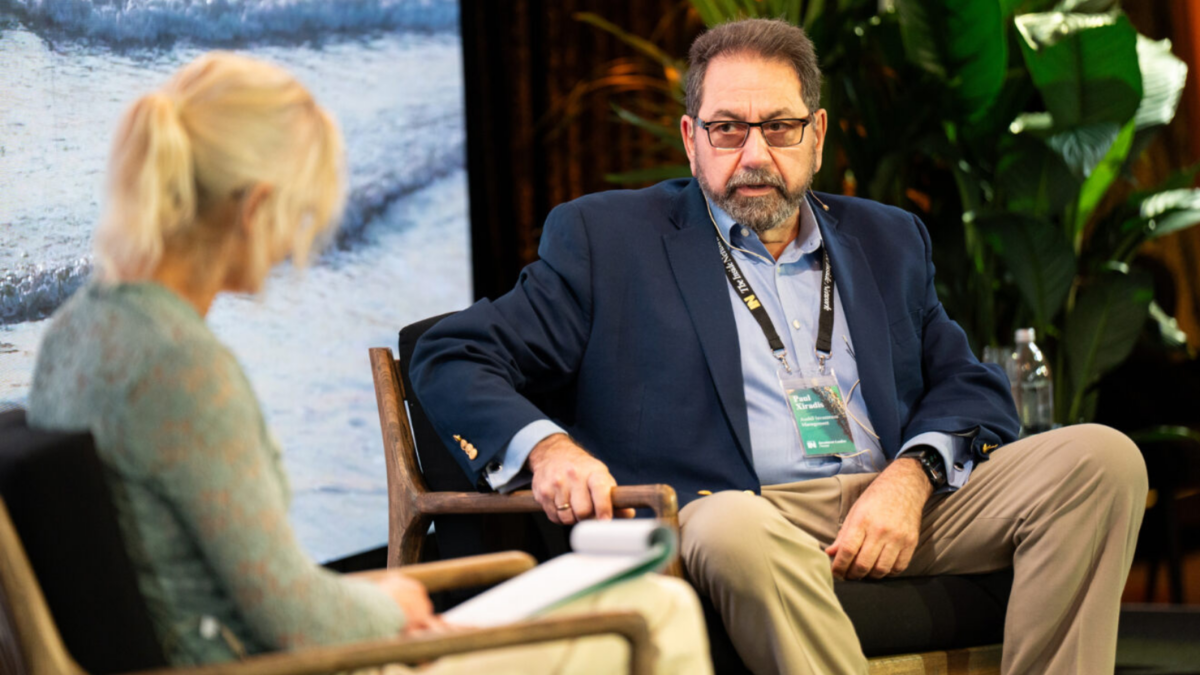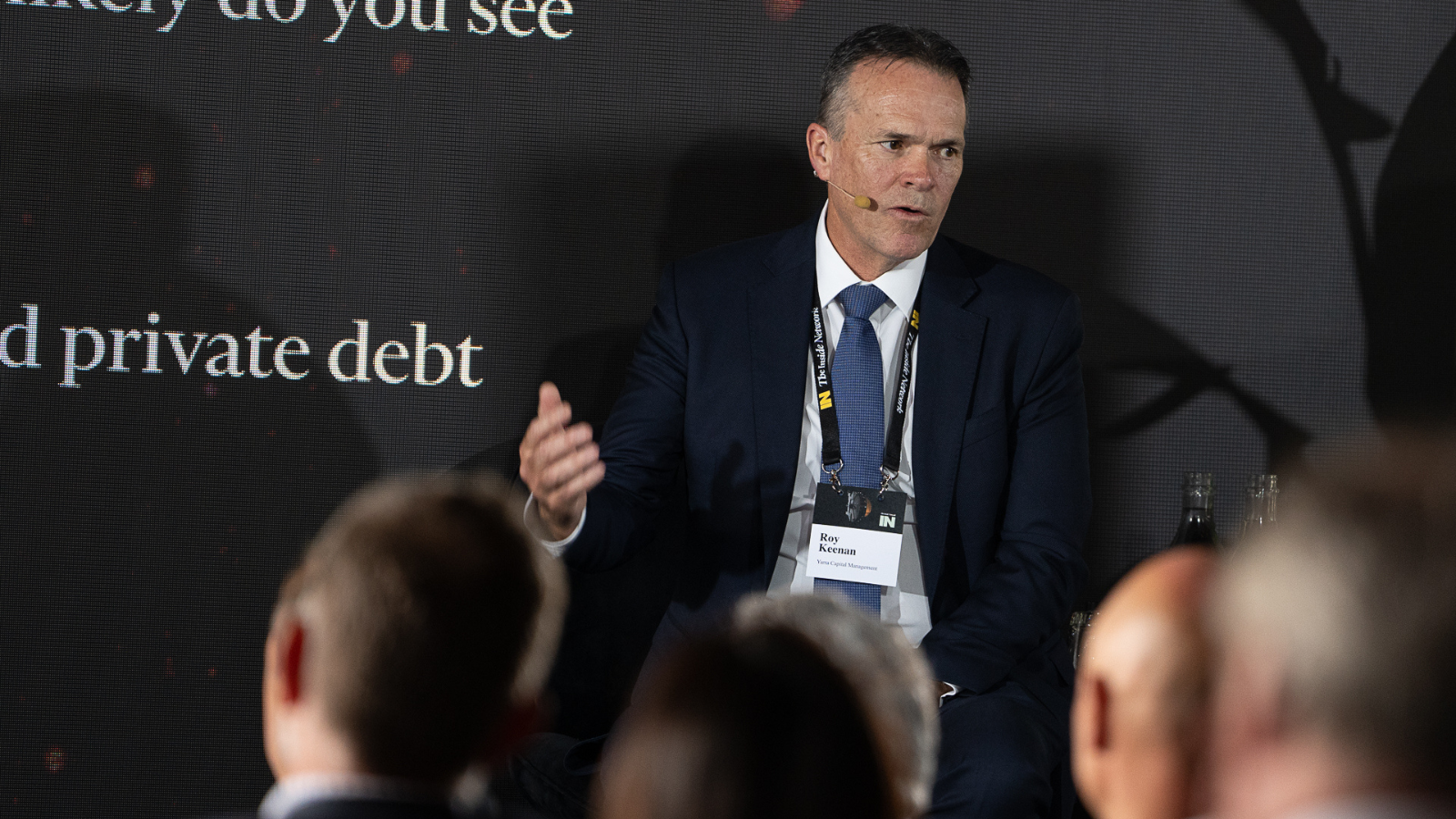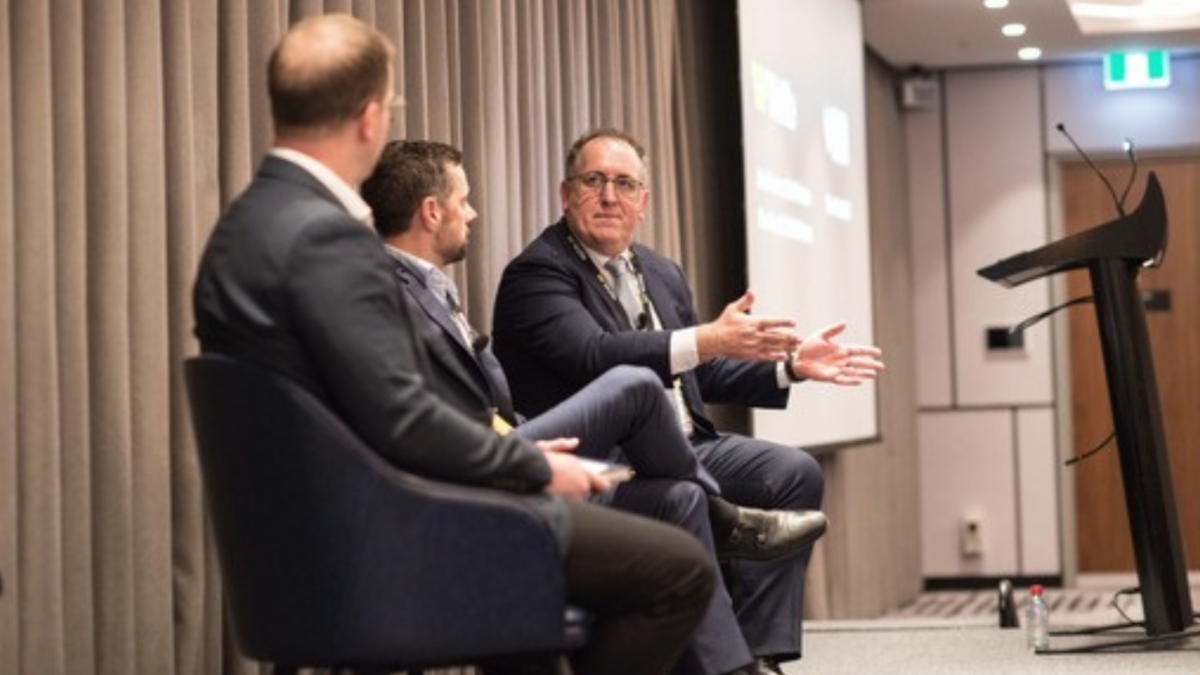Even the RBA is extolling the virtues of the role non-bank and private lenders play in Australia’s financial ecosystem, with the sector providing investors with another critical path to volatility protection through diversification.
Ethical investing is rightly associated with driving change for people and the planet, but because it’s about being highly convicted on long-term themes, it also a means to drive better portfolio performance according to Australian Ethical.
Understanding how macroeconomic changes may affect companies’ earnings profiles is key to Ausbil Investment Management’s top-down approach, which lets the fund manager invest with confidence in uncertain markets by focussing on the things it does know, says CIO Paul Xiradis.
For capital allocators concerned about exposing their clients to too much risk in real estate debt, specialists say asset discernment and due diligence are key to protecting investments in a rapidly growing sector.
As we approach the bottom of the current cycle, fixed income is back to playing its traditional defensive role, says Yarra Capital Management’s Roy Keenan. To get equity-like returns without exposure to defaults, investment-grade credit should do the trick.
The net-zero transition will bring about an economic transformation, with massive up-front investment leading to near-zero energy costs in the near future, ClearBridge Investments’ Nick Langley told industry leaders at The Inside Network’s ESG Retreat. But big challenges remain, with no easy answers.
The Australian Shareholders’ Association and the Australian Investors Association have agreed to amalgamate in the new year, seeking to grow their membership and influence as a unified leader in advocacy and education.
Most managed funds simply hold too many stocks to provide reliably effective returns for investors, according to Claremont Global head Bob Desmond, who says a quality, high-conviction strategy makes diversification less crucial.
Retirement’s approach requires a profound change in how investors approach markets and construct portfolios, including arranging their income needs around three distinct periods of retired life, the financial advice firm’s founders said.
The government’s plan to increase taxes on super balances above $3 million will have a costly impact on the SMSF sector, with thousands of members likely to face liquidity stress, according to new research from the University of Adelaide’s International Centre for Financial Services.















